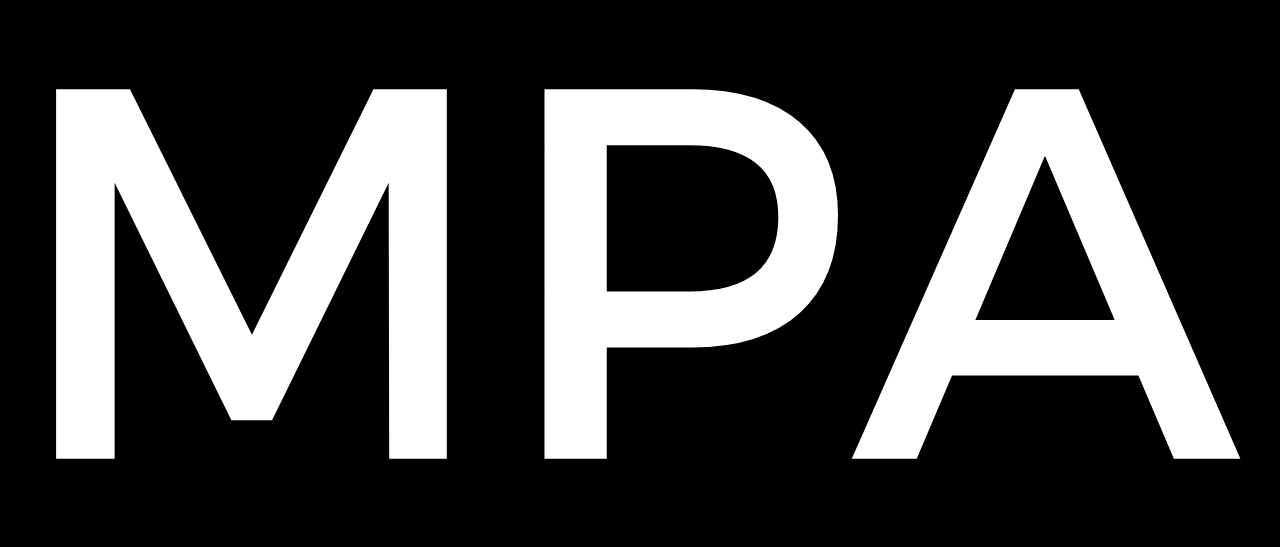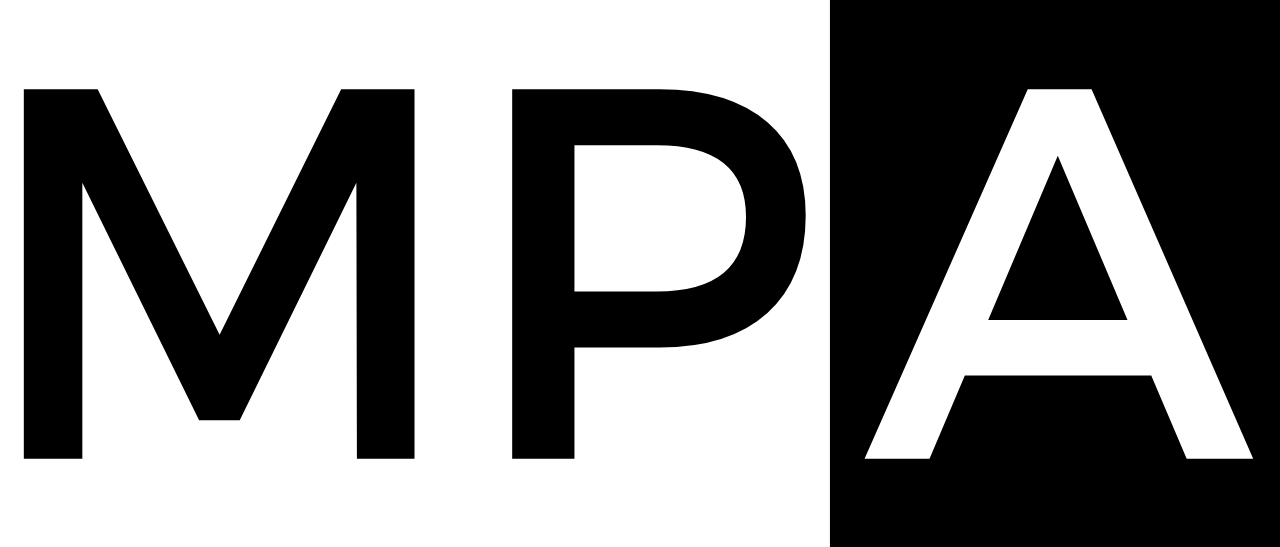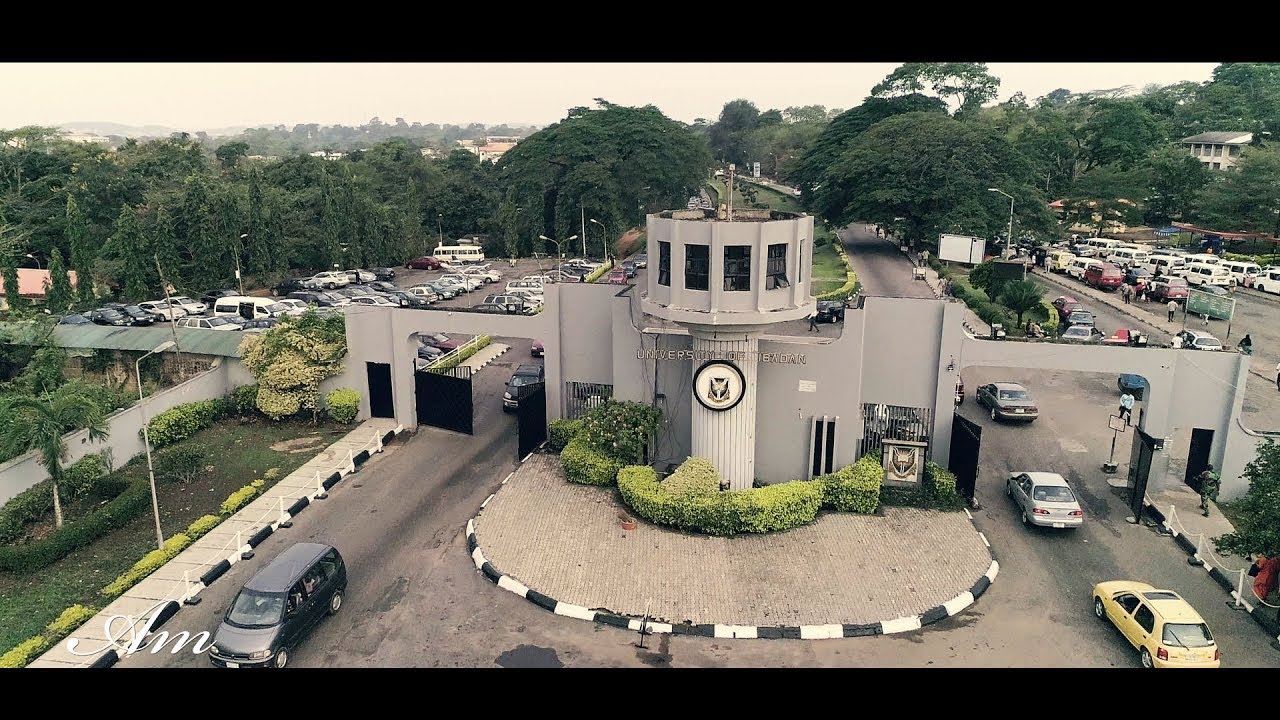Nigeria has numerous renowned universities that consistently provide students with a high-quality education. She has about 170 universities in Nigeria. Currently, 79 are private universities, federal universities amounted to 43, while state universities total 48. While all universities in Nigeria are considered good, certain institutions stand out as the best.
Our team of educational experts surveyed the different universities in Nigeria and considered important educational factors like academic reputation locally and internationally, faculty to students ratio, student satisfaction, resources, and facilities to curate the list of the 15 best universities in Nigeria.
We also used the world ranking of these universities to select the best among them carefully. This article will list the top 15 universities in Nigeria and the top 100 universities in Nigeria according to their world ranking.
University of Ibadan
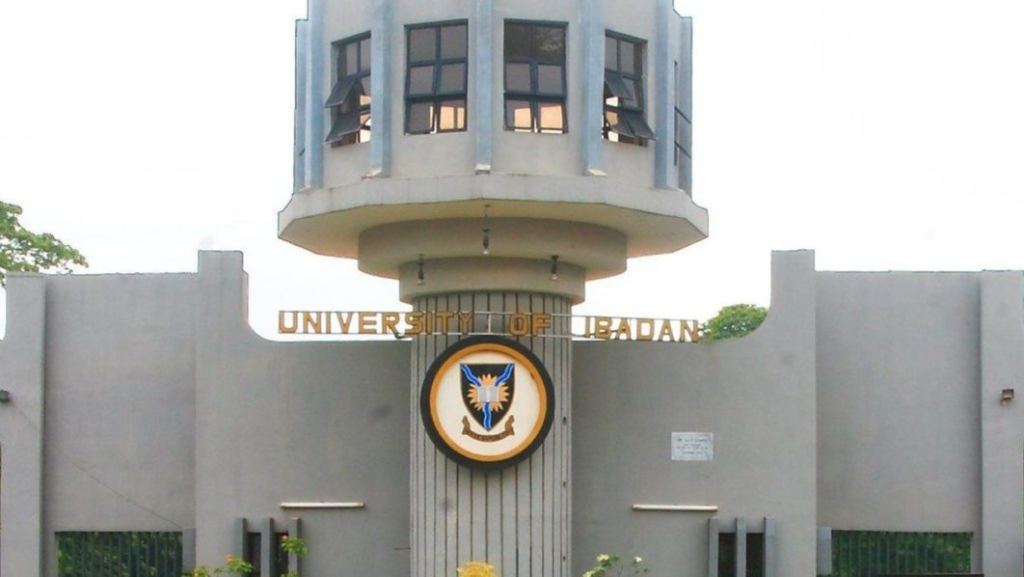
The University of Ibadan is a non-profit public higher education school founded in 1948 and is situated in the Ibadan metropolis, which has a population of between 1 and 5 million people. It is the best university in Nigeria. The University of Ibadan (U.I.) is accredited by the National Universities Commission of Nigeria and has a reasonably big student body.
It is the first university in Nigeria to be created. Science, medicine, and the arts were the only three departments of the University of Ibadan when it first opened. Still, it has since grown to include 13 faculty, including those for the social sciences, agriculture and forestry, education, technology, law, and dentistry.
The University of Ibadan (U.I.) offers courses and programs leading to degrees in various fields of study, including bachelor’s, master’s, and doctoral degrees. It is also the best university to study computer science in Nigeria. It has a reputable distance learning centre where students with familial or financial constraints can pursue their education.
U.I. also has its own zoological and botanical gardens filled with many endangered animals and plants, and a number of conservation programmes are supported.
uniRank enrollment range: 30,000-34,999 students
World ranking according to Ranking Web of Universities 2023: 1129
Student satisfaction: 4.2
Acceptance rate: 45%
Obafemi Awolowo University

Obafemi Awolowo University is a federal university and one of the oldest in Nigeria’s history. The University of Ife was founded in 1962. To honour Chief Obafemi Awolowo, one of the university’s founding fathers and a distinguished lawyer, patriot, and politician, the institution was renamed Obafemi Awolowo University in 1987. It is the most beautiful university in Nigeria.
The university has 13 faculties that offer a variety of undergraduate courses. Moreover, there is the College of Health Sciences and the Postgraduate College. The university has numerous institutions, such as the Institute of Cultural Studies, the Institute of Agricultural Research and Training, and the Institute of Public Health.
OAU has created a number of research centres that are fully furnished with the newest technology as part of its commitment to the highest calibre of scientific research.
World ranking according to Ranking Web of Universities 2023: 1317
Students Satisfaction: 4.3
Acceptance rate: 45%
Covenant University

The Living Faith Church International and the World Mission Agency founded Covenant University in 2002.
In several fields of study, Covenant University (C.U.) offers courses and programs leading to degrees in higher education that are officially recognized, such as bachelor’s, master’s, and doctoral degrees.
The university is organized into four colleges: the College of Business and Social Sciences; the College of Leadership and Development Studies; the College of Engineering, and the College of Science and Technology. Each college offers a range of degree programmes and vocational courses. Students who have graduated from this university have achieved incredible global and local feats.
Covenant university has an organized structure and a wide range of student facilities. Another notable thing about the university is that they are very timely with their educational system. However, the fees are a bit high for an average Nigerian.
World ranking according to Ranking Web of Universities 2023: 1357
Students Satisfaction: 4.5
Acceptance rate: 55%
University of Port Harcourt

The institution was founded in 1975 and currently has over 45,000 students. University of Port Harcourt is a second-generation University with much focus on Petroleum Engineering. The institution started as a University College; UNIPORT became a full-fledged University in 1977. They are presently ranked among the list of top ten Universities in Nigeria.
The University has been able to produce notable individuals in the country and has also recorded groundbreaking achievements. They were the first University in Nigeria to create the first set of nuclear engineers in the country (Nigeria).
The university initially had six schools in 1977:School of Humanities, School of Social Sciences, School of Biological Sciences, School of Chemical Sciences, School of Physical Sciences, School of Educational Studies, School of Science Laboratory Technology (SSLT)
It changed from a school system to a faculty system in 1982. The university now has twelve faculties: Faculty of Humanities, Faculty of Social Sciences, Faculty of Education, Faculty of Engineering, Faculty of Management Sciences, College of Health Sciences, Faculty of Basic Medical Sciences, Faculty of Science, Faculty of Dentistry, Faculty of Pharmacy, Faculty of Agriculture.
World ranking according to Ranking Web of Universities 2023:1391
Students Satisfaction: 4.1
Acceptance rate: 10%
University of Nigeria, Nsukka

The University of Nigeria, Nsukka is a federal university located in Enugu state. The school was founded by the first president of Nigeria, Nnamdi Azikwe.
With over 36,000 students enrolled, UNN runs 102 academic departments across 15 faculties and provides 82 undergraduate and 211 postgraduate programs. It does so on four campuses: Nsukka; the University of Nigeria Aba campus; the University of Nigeria Enugu campus (UNEC); and Ituku-University Ozalla’s of Nigeria Teaching Hospital (UNTH) (UNAC). UNN has a business school as well.
The faculties of agriculture, the arts, biology, education, engineering, pharmaceutical sciences, physical sciences, social sciences, and veterinary medicine are on the Nsukka campus.
UNN has two main campuses: the Nsukka campus and the Enugu campus. The Nsukka campus is the larger of the two and houses most of the university’s faculties, while the Enugu campus is smaller and has only four faculties, namely Business Administration, Environmental Studies, Law, Medical Sciences, Dentistry, and Health Sciences.
The University of Nigeria, Nsukka, is well known for its academic excellence, as the university has produced several notable alumni who have made significant contributions both locally and internationally.
UNN is the bedrock of several developments that have taken place in Enugu State and Nigeria through its research, community service, and other outreach activities.
World ranking according to Ranking Web of Universities 2023: 1438
Students Satisfaction: 4.4
Acceptance rate: 45%
University of Lagos

The University of Lagos, established in 1962, has three campuses and offers over 86 undergraduate and 140 graduate programs in various fields. It is one of the best federal universities in Nigeria. It has 12 colleges, five institutes, and over a hundred research groups and centres, including Centers of Excellence.
Its campuses include the Faculty of Medicine in Idi-Araba, Surulere, the Main Campus at Akoka (which is primarily encircled by the beautiful view of the Lagos lagoon), and the School of Radiography at Yaba.
University of Lagos (UNILAG) offers courses and programs that lead to degrees in numerous fields of study, including pre-bachelor degrees (such as certificates, diplomas, associate or foundation degrees), bachelor degrees, and master’s and doctorate degrees. It is the best university to study medicine in Nigeria.
Also, there are over a hundred research groups and ten research centres, some of which are Centers of Excellence. The institution conducts studies on various topics, such as medication development, herbal medicine, economic policy analysis, autism, and neurodevelopmental problems.
World ranking according to Ranking Web of Universities 2023: 1560
Students Satisfaction: 4.3
Acceptance rate: 15%
Ladoke Akintola University of Technology
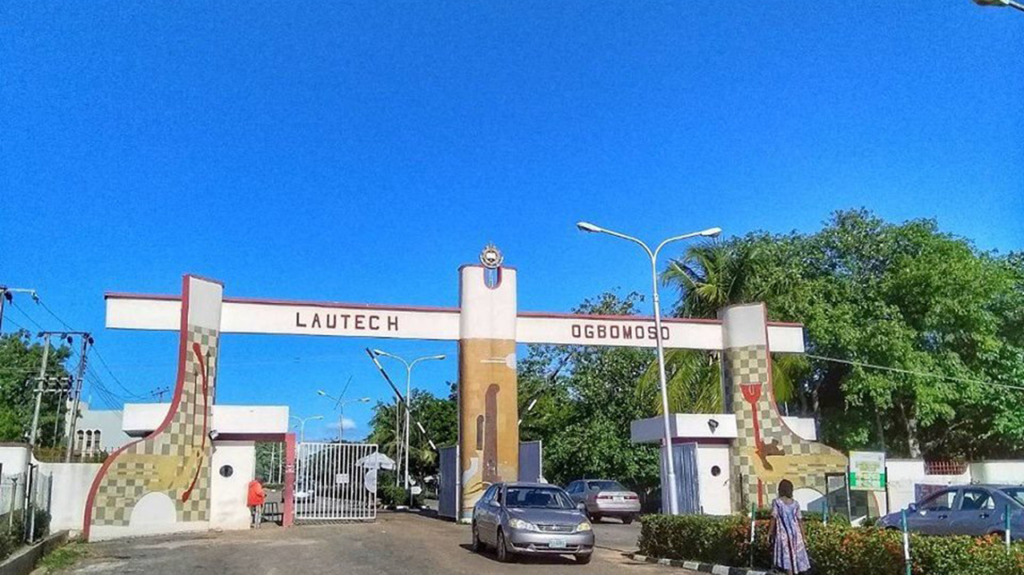
Oyo State University of Technology, Ogbomoso (OSUTECH), was the first name before it was changed to Ladoke Akintola University of Technology in 1990. It is the best state university in Nigeria. Within a year, the name was changed. The institution is situated in Ogbomoso in the southwest region of Nigeria, Oyo State.
The university has 12 faculties, including nursing, computing and informatics, environmental sciences, engineering and technology, food and consumer sciences, pure and applied science, management sciences, and renewable natural resources.
The faculties are listed as follows: agricultural sciences, basic medical sciences, basic clinical sciences, clinical sciences, nursing sciences, computing and informatics. The various departments that make up each faculty each offer a variety of undergraduate and graduate degree programs.
LAUTECH has a multidisciplinary research group that helps conduct research in Nanotechnology, specifically in synthesis, characterization, application, and ecotoxicological safety evaluation of nanoparticles. The group comprises young scholars from various departments within the university, and they have published articles in reputable journals.
The university also offers a range of blended courses through their fully-featured e-learning platform, designed to help students reach their goals from anywhere in the world.
Despite its facilities for students, LAUTECH used to be a school avoided by many students because of the disorganized timing of the school calendar. However, the Governor of the state, Seyi Makinde, has brought about reform, and the issue of strikes has drastically reduced.
World ranking according to Ranking Web of Universities 2023: 1840
Students Satisfaction: 4.0
Acceptance rate: 15%
Ahmadu Bello University

Ahmadu Bello University was founded in 1962 and is a non-profit, public university that is situated in the city of Zaria, Kaduna, which has a population in the range of 1,000,000 and 5,000,000. Ahmadu Bello University (ABU) has received official recognition from the National Universities Commission of Nigeria.
Ahmadu Bello University (ABU) offers courses and programs that lead to degrees in numerous fields of study, including pre-bachelor degrees (such as certificates, diplomas, associate or foundation degrees), bachelor degrees, master degrees, and doctorate degrees. This 59-year-old Nigerian higher education school offers strict admissions criteria based on applicants’ prior academic performance, grades, and entrance exams.
This Nigerian higher education organization is the least selective due to its 90–100% admittance rate range. The application process is open to applicants from abroad. Moreover, ABU offers students many academic and extracurricular facilities and services, such as a library, accommodation, sports facilities, financial aid and/or scholarships, study abroad and exchange programs, as well as administrative services.
uniRank enrollment range: 25,000-29,999 students
World ranking according to Ranking Web of Universities 2023: 2002
Students Satisfaction: 4.5
Acceptance rate: 90-100%
Federal University of Technology Akure

Akure, the Nigerian state capital of Ondo, is home to the Federal University of Technology Akure. The university has grown tremendously, with eight different schools and over fifty academic departments.
The institution was established in 1981 by the Nigerian government in an effort to produce more graduates who had both a theoretical understanding of technologies and a practical understanding of how to apply such technologies in real-world settings.
The university has ten schools, including the colleges of life science, physical science, earth and mineral sciences, engineering and engineering technology, agricultural and agricultural technology, logistics and innovation technology, computing, postgraduate studies, and the college of health sciences. Each institution provides short courses, university-level advanced basic science programs, and pre-degree scientific programs.
FUTA is also the lead university for the Graduate Research Program (GRP) in the West African Climate System (WACS) of the German Government funded capacity-building program for climate change called the West African Science Service Center on Climate Change and Adapted Land Use (WASCAL). The GRP-WACS program is for the training of Doctor of Philosophy (Ph.D.) students in all aspects of the West African Climate System.
The university has a well-stocked Library, ultramodern buildings, and over 67,847 volumes of books and above 1,500 journal titles. The university also has excellent sports facilities, FUTA radio, works department, security unit, health services, teaching and research farm, and a wildlife park.
World ranking according to Ranking Web of Universities 2023: 2104
Students Satisfaction: 4.5
Acceptance rate: 60-70%
Landmark University

Landmark University was founded in 2011 and is situated in the suburbs of Omu-Aran, a tiny city in the Kwara region with a population between 50,000 and 249,999. It is the third-best private university in Nigeria.
Landmark University (LMU) offers courses and programs leading to degrees in a variety of fields of study, including bachelor’s, master’s, and doctoral degrees. This 11-year-old Nigerian higher education school offers strict admissions criteria based on applicants’ prior academic performance and grades, as well as entrance exams.
This Nigerian higher education school is selective due to the 60-70% admission rate range. The application process is open to applicants from abroad. Students at LMU can also take advantage of a number of academic and non-academic facilities and services, such as a library, housing options, sports facilities, financial aid and/or scholarships, and administrative support services.
uniRank enrollment range: 2,000-2,999 students
World ranking according to Ranking Web of Universities 2023: 2283
Students Satisfaction: 4.6
Acceptance rate: 60-70%
Federal University of Technology, Minna
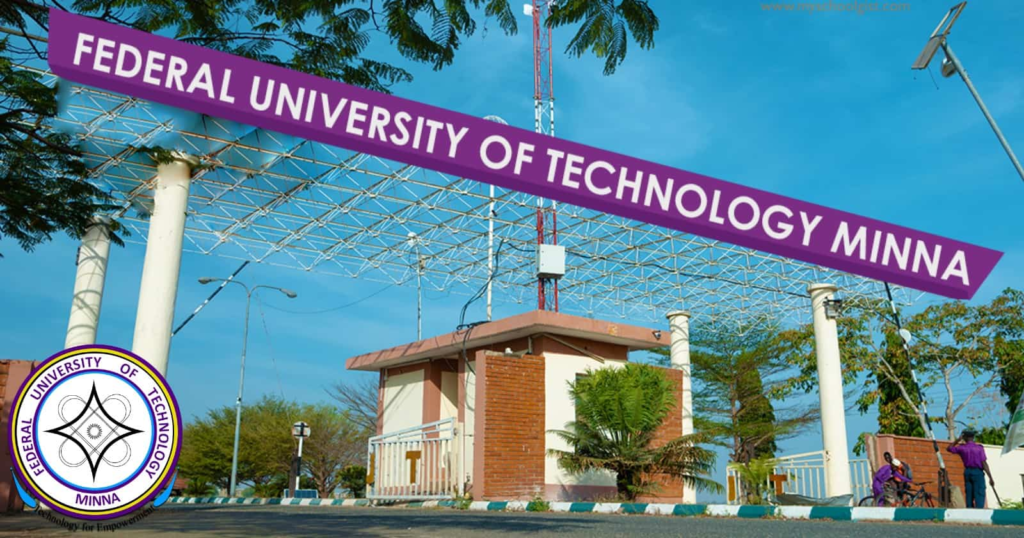
In 1983, the Federal University of Technology, Minna, was founded. The university still uses both the primary Gidon Kwano campus and the original Bosco location for operations.
One of the best universities is the Federal University of Technology, Minna. Because of its cutting-edge technology, breadth of staff knowledge, and ability to support students in realizing their full potential, it draws nearly 20,000 students.
FUT MINNA focuses on educating students about technology. Providing Bachelor’s and Master’s degrees in technology in various fields focusing on technology. The university has been declared a Center of Excellence in Biotechnology and Genetic Engineering, and it possesses a core competency in the creation of pharmaceuticals and vaccines, as well as in the design of small arms in collaboration with the Nigerian Military Forces.
There are schools for engineering and engineering technology, environmental technology, biological sciences, physical sciences, information and communications technology, infrastructure process engineering and technology, and science and technical education.
World ranking according to Ranking Web of Universities 2023: 2316
Students Satisfaction: 4.4
Acceptance rate: 70-80%
Bayero University

Bayero University is situated in the second-largest city in Nigeria. It was established in 1975 after being transformed from Bayero University College to a fully approved institution.
Bayero University Kano (BUK) is a coeducational Nigerian university accredited by the National Universities Commission of Nigeria.
The schools of health science and natural and pharmaceutical sciences are the two colleges that make up the university. There are 11 faculties in total, among them including those for the arts, Islamic studies, agricultural sciences, computer science, communication, engineering, earth and environmental sciences, education, law, management sciences, social sciences, and veterinary medicine.
World ranking according to Ranking Web of Universities 2023: 2587
Students Satisfaction: 4.35
Acceptance rate: 45%
Adekunle Ajasin University
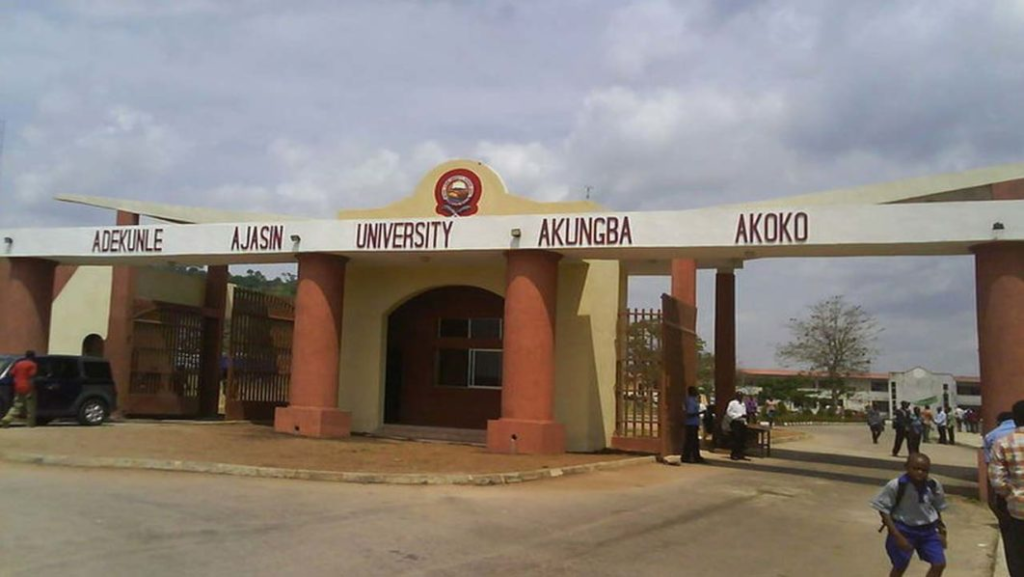
Adekunle Ajasin University was established in 1999. Obafemi Awolowo University was the institution’s original name before being changed to honour the former governor of Ondo State. Since the university has no religious links, it accepts applicants from all racial and religious backgrounds. With over 20,000 students, Adekunle Ajasin University has a diverse student body. The campus is situated at Ikare Akoko.
Adekunle Ajasin University (AAUA) is fully accredited by the National Universities Commission of Nigeria. Adekunle Ajasin University (AAUA) offers courses and programs leading to bachelor degrees in several fields of study, among other officially recognized higher education degrees.
UniRank enrollment range: 10,000-14,999 students
World ranking according to Ranking Web of Universities 2023: 2753
Students Satisfaction: 4.0
Acceptance rate: 40-50%
Nnamdi Azikiwe University

Nigeria’s Nnamdi Azikiwe University, Awka—also known as UNIZIK or simply NAU—is a federal institution. It has two campuses in the state of Anambra.] Its primary campus is in Awka, the state capital of Anambra, and its secondary campus is in Nnewi. There are additional Nnamdi Azikiwe University and Awka campuses. Nnamdi Azikiwe University was formed in 1991 by Edict No. 5 of Anambra State.
It is recognized as a federal university by the National Universities Commission. It is named after Nnamdi Azikiwe, a notable statesman and political figure from Nigeria who presided as Nigeria’s first president from 1960 to 1966.
The university’s 57 departments are divided among its 14 faculties, which include those for agriculture, the arts, basic medical sciences, biosciences, education, engineering, environmental sciences, health sciences, and technology, as well as for law, management sciences, medicine, pharmaceutical sciences, physical sciences, and social sciences. The university also has faculties for agriculture, management sciences, law, and the arts.
World ranking according to Ranking Web of Universities 2023: 2851
Students Satisfaction: 4.4
Acceptance rate: 10-20%
University of Calabar

On October 25, 1975, the University of Calabar was established. The University of Calabar is one of the best and biggest Nigerian universities. It was born out of the University of Nigeria, Nsukka’s Calabar Campus, which started operating as such in the 1973–74 academic year with 154 students and a small cadre of academic, administrative, and technical staff.
Throughout its first ten years of operation, it had spectacular development in staff, faculty, and physical size.
The number of students increased from 896 in 1976 to nearly 30,000 full- and part-time degree and certificate students in the 2001/2002 session, distributed across the Faculty of Arts, Science, and Social Sciences. Numerous diploma programs had been discontinued by the 2003–2004 academic year. There are now about 40,645 students enrolled.
The university comprises 13 faculties: Medical Sciences, Management Sciences, Education, Social Sciences, Arts, Public Policy and Administration, Law, Science, Agriculture, Oceanography, Graduate School, and Consulting Services.
UNICAL provides graduate and undergraduate programs and offers fantastic prospects for research.
World ranking according to Ranking Web of Universities 2023: 2902
Students Satisfaction: 4.1
Acceptance rate: 46%
